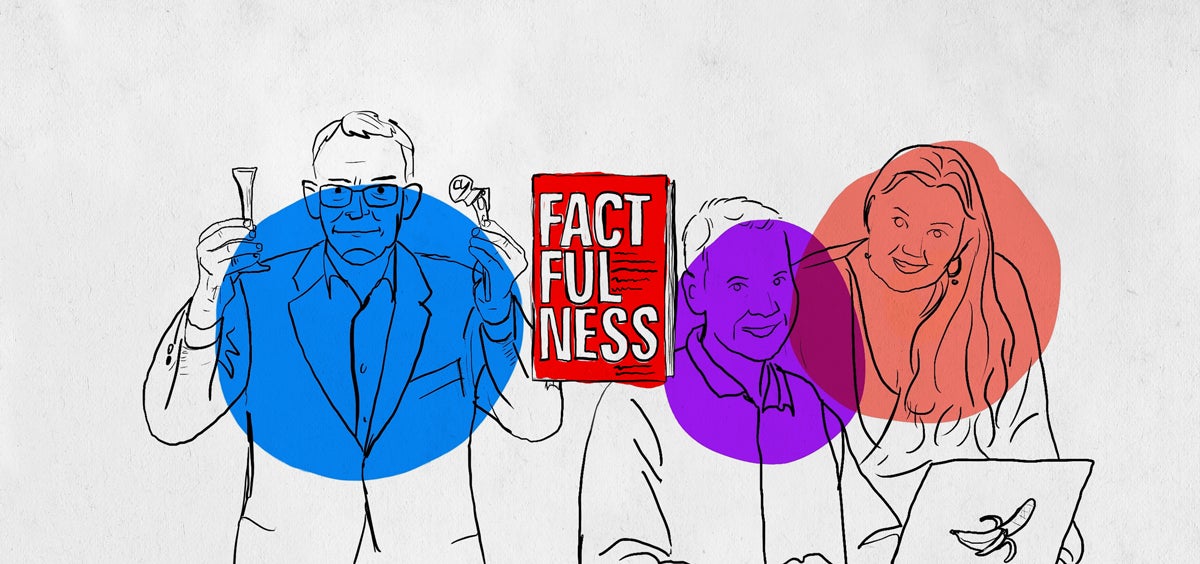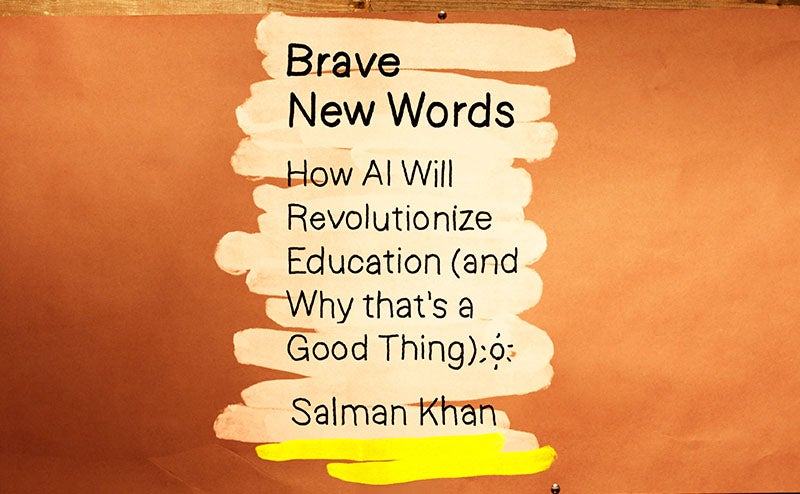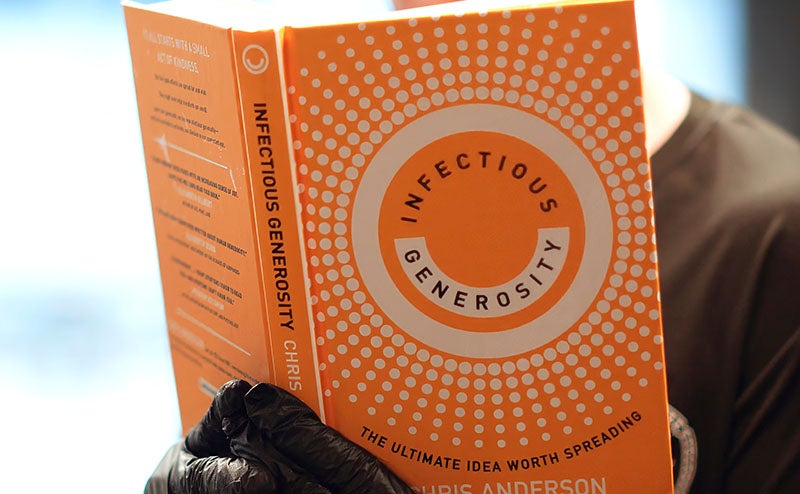A Thousand Brains is filled with fascinating insights into the architecture of the brain and tantalizing clues about the future of intelligent machines.
I talk about the developed and developing world all the time, but I shouldn’t.
My late friend Hans Rosling called the labels “outdated” and “meaningless.” Any categorization that lumps together China and the Democratic Republic of Congo is too broad to be useful. But I’ve continued to use “developed” and “developing” in public (and on this blog) because there wasn’t a more accurate, easily understandable alternative—until now.
I recently read Hans’ new book Factfulness: Ten Reasons We're Wrong About the World—and Why Things Are Better Than You Think. In it, he offers a new framework for how to think about the world. Hans proposes four income groups (with the largest number of people living on level 2):




This was a breakthrough to me. The framework Hans enunciates is one that took me decades of working in global development to create for myself, and I could have never expressed it in such a clear way. I’m going to try to use this model moving forward.
Why does it matter? It’s hard to pick up on progress if you divide the world into rich countries and poor countries. When those are the only two options, you’re more likely to think anyone who doesn’t have a certain quality of life is “poor.”
Hans compares this instinct to standing on top of a skyscraper and looking down at a city. All of the other buildings will look short to you whether they’re ten stories or 50 stories high. It’s the same with income. Life is significantly better for those on level 2 than level 1, but it’s hard to see that from level 4 unless you know to look for it.
The four levels are just one of many insights in Factfulness that will help you better understand the world. I’m excited that Hans’ publisher Flatiron Books plans to donate 5,000 copies to Books for Africa and Reader to Reader—two organizations that encourage reading in underserved communities. Hans worked on the book until his last days (even bringing several chapters with him in the ambulance to the hospital), and his son Ola and daughter-in-law Anna helped finish it after he passed.
The bulk of the book is devoted to ten instincts that keep us from seeing the world factfully. These range from the fear instinct (we pay more attention to scary things) to the size instinct (standalone numbers often look more impressive than they really are) to the gap instinct (most people fall between two extremes). With each one, he offers practical advice about how to overcome our innate biases. Gates Notes Insiders can get a free preview of the gap instinct chapter here:
Hans argues that these instincts make it difficult to put events in perspective. Imagine news coverage about a natural disaster—say, a tornado that kills 10 people in a small town. If you look at only the headlines, you’ll view the event as an unbearable tragedy (which it is). But if you put it in the context of history, you’ll also know that tornadoes today are a lot less deadly than they used to be, thanks to advanced warning systems. That’s no consolation to the loved ones of those who died, but it matters a great deal to everyone who survived the tornado.
In other words, the world can be both bad and better. That idea drives the work Melinda and I do every day, and Hans articulates it beautifully in Factfulness. It’s a great companion to Steven Pinker’s Enlightenment Now (although Hans is a little less academic than Pinker is). With rare exceptions, most of the miracles of humankind are long-term, constructed things. Progress comes bit by bit. We’ve cut the number of people living in extreme poverty by half over the last twenty years, but there was never a morning when “POVERTY RATES DROP INCREMENTALLY” dominated newspaper headlines.
Another remarkable thing about Factfulness—and about Hans himself—is that he refuses to judge anyone for their misconceptions. Most writers would beat people up for their ignorance, but he doesn’t. Hans even resists going after the media. Instead, he tells you about the history of his own ignorance. He explains that these instincts make us human, and that overcoming them isn’t easy.
That’s classic Hans. He was always kind, often patient, and never judgmental. He spent his life not only understanding how global health was improving but sharing what he learned in a fun, clear way with a broad set of people. If you never met Hans or watched one of his many TED talks, Factfulness will help you get a sense of why he was so special. I wish I could tell Hans how much I liked it. Factfulness is a fantastic book, and I hope a lot of people read it.





